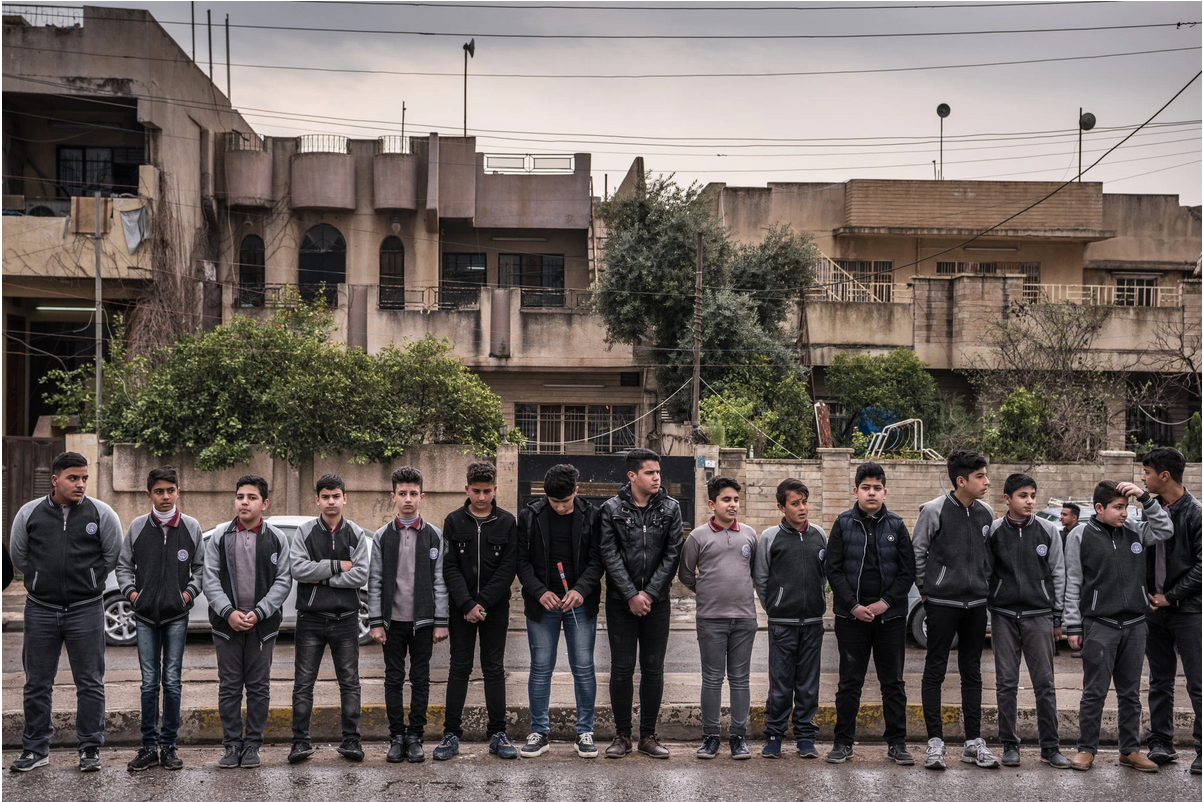EuroNews (23 March 2019)
Europe-wide protests to 'save the internet' have been called on Saturday ahead of an EU vote next week which could overhaul web copyright laws.
The proposed changes would force Google and other online platforms to sign licensing agreements with musicians, performers, authors, and journalists so they can use their work.
The European Parliament will vote on Tuesday on whether it wants to approve a proposal started by the European Commission two years ago to protect the bloc's cultural heritage and ensure publishers and artists get fair compensation from web giants like YouTube.
But Google and internet activists have taken issue at the potential copyright filters and say it could pose a threat to the free exchange of opinions and culture online.
What reforms are being put to vote?
Article 13 of the copyright directive could mean sharing platforms such as the likes of Google, YouTube, and Facebook's Instagram would have to take more responsibility for copyrighted material being shared illegally on their platforms.
That means they would be liable if their users upload or publish unlicensed content, such as photos, videos, source code or music, on their website. Such actions would require a licence fee to be paid, or for the content to be pre-filtered or automatically censored.
Why the controversy?
Critics say the filters are expensive and could lead to mistaken blocking. The campaign platform, Save the Internet, which called for Saturday's protests, said such filters would "block legal expressions of opinion and creative content, as automatic systems cannot accurately distinguish legitimate uses from copyright infringements".
The group, which has received about five million signatures for its online petition, also argues the filters would not just tackle large companies, but smaller platforms too.
Wikipedia meanwhile has said the EU rules would police all platforms, which could harm free expression.
Some EU countries have also voiced concern. Last month, Finland, Italy, Luxembourg, the Netherlands and Poland refused to support the internet reforms.
Who supports the law?
But artists have voiced their support for the online overhaul.
Film director Pedro Almodovar and Abba's Benny Andersson are among some of those who favour Article 13.
Writing in The Guardian, Debbie Harry, the lead singer of Blondie said the law would "significantly improve the ability of the creative community to secure fair deals for the use of their work by user-uploaded content services such as YouTube."
Harry added that companies such as Google and YouTube "have used their financial power and reach" to lobby a law that would "secure" musicians' futures.
The online group Europe for Creators, argues platforms such as YouTube can at the moment "pretty much do whatever it wants" but if Article 13 became law, "a wider variety of artists will be able to monetise the use of their work" as platforms like YouTube will have to negotiate licensing deals with authors and creators.
No comments yet.
- TSIPRAS: EU NOT TO POSTPONE NEGOTIATIONS WITH NORTH MACEDONIA The Balkans 25.03.2019
- NIKOL PASHINYAN RECEIVED NEWLY APPOINTED US AMBASSADOR TO ARMENIA The Caucasus and Turkish-Armenian Relations 25.03.2019
- GERMANY: FAR-RIGHT REVELERS ATTACK POLICE AND REPORTERS AT ROCK FESTIVAL Europe - EU 25.03.2019
-
 IRAQ FERRY ACCIDENT SETS OFF POLITICAL UPHEAVAL IN MOSUL
Iraq
25.03.2019
IRAQ FERRY ACCIDENT SETS OFF POLITICAL UPHEAVAL IN MOSUL
Iraq
25.03.2019
- ARTICLE 13: WHY ARE PEOPLE PROTESTING OVER COPYRIGHT IN EUROPE TODAY? | EURONEWS EXPLAINS Europe - EU 25.03.2019
-
19.04.2024
Türk-Ermeni İlişkileri Üzerine Ömer Engin Lütem Konferansları 2023 -
11.04.2023
Türk-Ermeni İlişkileri Üzerine Ömer Engin Lütem Konferansları 2022 -
27.03.2023
RADİKAL ERMENİ UNSURLARCA GERÇEKLEŞTİRİLEN MEZALİMLER VE VANDALİZM -
17.03.2023
PATRIOTISM PERVERTED -
23.02.2023
MEN ARE LIKE THAT -
03.02.2023
BAKÜ-TİFLİS-CEYHAN BORU HATTININ YAŞANAN TARİHİ -
16.12.2022
INTERNATIONAL SCHOLARS ON THE EVENTS OF 1915 -
07.12.2022
FAKE PHOTOS AND THE ARMENIAN PROPAGANDA -
07.12.2022
ERMENİ PROPAGANDASI VE SAHTE RESİMLER -
30.03.2022
Türk-Ermeni İlişkileri Üzerine Ömer Engin Lütem Konferansları 2021 -
01.01.2022
A Letter From Japan - Strategically Mum: The Silence of the Armenians -
01.01.2022
Japonya'dan Bir Mektup - Stratejik Suskunluk: Ermenilerin Sessizliği -
11.02.2021
Türk-Ermeni Uyuşmazlığı Üzerine Ömer Engin Lütem Konferansları 2020 -
03.06.2020
Anastas Mikoyan: Confessions of an Armenian Bolshevik -
08.04.2020
Sovyet Sonrası Ukrayna’da Devlet, Toplum ve Siyaset - Değişen Dinamikler, Dönüşen Kimlikler -
18.03.2020
Türk-Ermeni Uyuşmazlığı Üzerine Ömer Engin Lütem Konferansları 2019 -
08.03.2019
Türk-Ermeni Uyuşmazlığı Üzerine Ömer Engin Lütem Konferansları 2018 -
12.06.2018
Ermeni Sorunuyla İlgili İngiliz Belgeleri (1912-1923) - British Documents on Armenian Question (1912-1923) -
02.12.2016
Turkish-Russian Academics: A Historical Study on the Caucasus -
01.07.2016
Gürcistan'daki Müslüman Topluluklar: Azınlık Hakları, Kimlik, Siyaset -
10.03.2016
Armenian Diaspora: Diaspora, State and the Imagination of the Republic of Armenia -
24.01.2016
Ermeni Sorunu Temel Bilgi ve Belgeler (2. Baskı)
-
AVİM Conference Hall 24.01.2023
CONFERENCE TITLED “HUNGARY’S PERSPECTIVES ON THE TURKIC WORLD"









